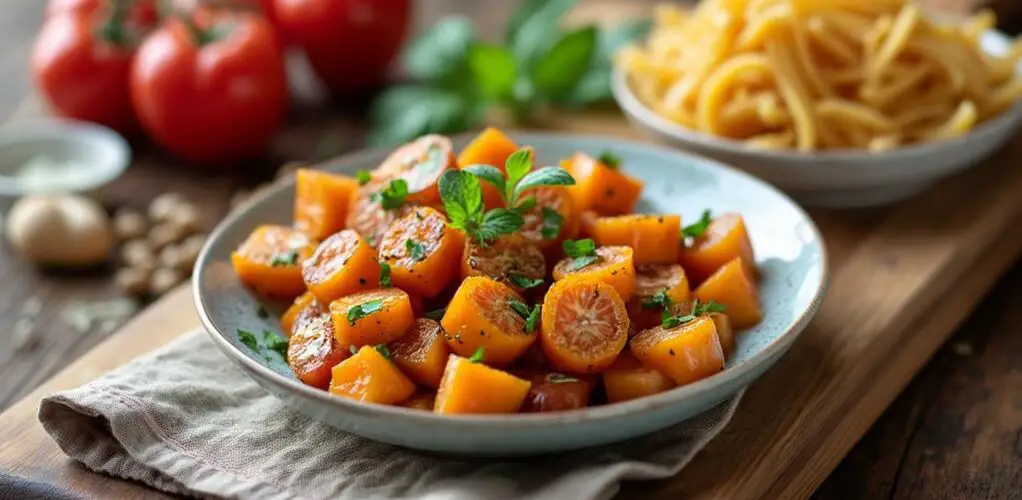
To successfully adhere to a keto diet, it is essential to avoid foods that can hinder ketosis. Refined carbs, such as white bread and pasta, are high in carbohydrates and should be substituted with low-carb alternatives like cauliflower. Alcoholic beverages, especially beer and cocktails with sweet mixers, contain substantial carbs; opting for low-carb cocktails or hard liquors is advisable. Sugary sweeteners, including honey and maple syrup, cause blood sugar spikes and disrupt ketosis; utilizing keto-friendly sweeteners like stevia can be more beneficial. Understanding and strategically avoiding these foods can greatly contribute to achieving your keto diet goals. Discover additional key dietary insights next.
Key Takeaways
- Avoid white bread, which contains approximately 13 grams of carbs per slice, disrupting ketosis.
- Refrain from consuming cooked white pasta, as it has around 33 grams of carbs per cup.
- Steer clear of starchy vegetables like potatoes and corn due to their high carbohydrate content.
- Limit alcoholic beverages like standard beer and cocktails with sweet mixers to stay within daily carb limits.
- Stay away from sugary sweeteners like honey and maple syrup, which cause blood sugar spikes and increased insulin production.
Refined Carbs
When starting on a keto diet, one critical component to steer clear of is refined carbohydrates. Refined carbs, such as white bread, pasta, and rice, impede the body's ability to achieve and maintain ketosis due to their high carbohydrate content. For instance, a single slice of white sandwich bread contains approximately 13 grams of carbohydrates, which can rapidly accumulate and surpass the daily carb limits prescribed by a keto diet.
Cooked white pasta is even more detrimental, containing around 33 grams of carbohydrates per cup, making it unsuitable for low-carb dietary adherence. Additionally, starchy vegetables like potatoes and corn should also be avoided due to their high carb content.
Refined carbohydrates not only disrupt ketosis but also provoke blood sugar spikes. These spikes can hinder the body's metabolic state, causing energy crashes and cravings that are counterproductive to the keto diet's goals.
To avoid these pitfalls, consider substituting refined carbs with keto-friendly alternatives like mashed cauliflower or low-carb bread made from eggs, nuts, and seeds. These options provide the necessary nutrients without the high carb content that refined sugars and carbohydrates bring.
Alcoholic Beverages
Many are unaware that alcoholic beverages can greatly impede progress on a keto diet. Alcoholic drinks such as beer and mixed cocktails often contain high levels of carbohydrates, which can disrupt ketosis. For instance, a standard beer can contain anywhere from 13 to 20 grams of carbs per serving, making it highly unsuitable for those adhering to a ketogenic lifestyle.
Similarly, cocktails crafted with sweet mixers can quickly surpass daily carb limits, further hindering dietary goals. Wine, while generally lower in carbs than beer, can still contribute considerably to carb intake, with some varieties containing up to 4 grams of carbs per glass. As a result, alcohol moderation is vital for maintaining ketosis.
Opting for low carb cocktails can help mitigate these risks. Hard liquors like vodka, rum, and gin are better options as they contain minimal carbs, especially when mixed with soda water or consumed neat.
It is also important to recognize that alcohol consumption can affect liver function and potentially disrupt the state of ketosis. Hence, mindful intake and informed choices, such as selecting low carb cocktails, are essential for those committed to a keto diet.
Sugary Sweeteners
Sugary Sweeteners
Despite their widespread popularity, sugary sweeteners pose significant challenges for those following a keto diet. Foods such as honey and maple syrup are particularly high in carbohydrates, with honey containing 17g of carbs per tablespoon and maple syrup containing 13g per tablespoon. Such high-carb content can disrupt ketosis, the metabolic state essential for the keto diet's effectiveness.
Additionally, many condiments like ketchup and barbecue sauce, which contain around 3g and 4g of carbs per serving respectively, further complicate maintaining a low-carb regimen. Sugary sweeteners cause notable spikes in blood sugar levels, leading to increased insulin production that can hinder ketosis.
To avoid these pitfalls, monitoring the intake of sugary sweeteners is vital. Even small amounts can quickly accumulate and exceed daily carbohydrate limits, jeopardizing the diet's success. It's beneficial to choose keto-friendly sweeteners like stevia or erythritol, which have a minimal impact on blood sugar.
Consider these alternative strategies:
- Use low-carb sugar substitutes like erythritol or stevia, which have minimal impact on blood sugar.
- Opt for vinegar-based sauces that are generally lower in carbohydrates.
- Read labels carefully to identify hidden sugars in condiments.
- Prepare homemade sauces to control carbohydrate content more effectively.
Adhering to these guidelines can help maintain ketosis and support overall dietary goals.
Frequently Asked Questions
What Foods Are Not Allowed on Keto?
High-carb foods such as bread, sugary fruits like bananas, and starchy vegetables including potatoes are keto food restrictions. Non keto alternatives include leafy greens, berries in moderation, and low-carb vegetables like cauliflower.
What Foods Can I Eat Unlimited on Keto?
On a keto diet, you can consume healthy fats like avocados and olive oil, and low carb snacks such as leafy greens and non-starchy vegetables, in unlimited quantities. These choices align with keto's low-carb, high-fat principles.
What Foods Are Surprisingly Not Keto?
Surprisingly, certain foods like honey, starchy vegetables, and processed snacks are not keto-friendly due to common keto misconceptions. These items contain hidden sugars and high carbohydrate content, disrupting ketosis and hindering the diet's effectiveness.
Can I Eat a Banana on Keto?
Consuming bananas on a keto diet is not advisable due to their high carbohydrate content, which can disrupt ketosis. Instead, consider banana alternatives such as keto-friendly fruits like berries, which have considerably lower carbohydrate counts.
Conclusion
In summary, adherence to a ketogenic diet necessitates the exclusion of refined carbohydrates, alcoholic beverages, and sugary sweeteners. These items impede the metabolic state of ketosis, which is vital for the diet's effectiveness in promoting fat metabolism. Refined carbohydrates raise insulin levels, alcoholic beverages can disrupt metabolic pathways, and sugary sweeteners introduce unnecessary glucose. Avoiding these foods is important for maintaining the desired physiological state and achieving the health benefits associated with the ketogenic diet.
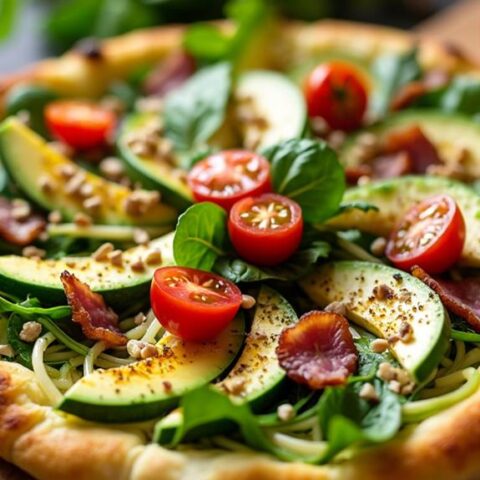

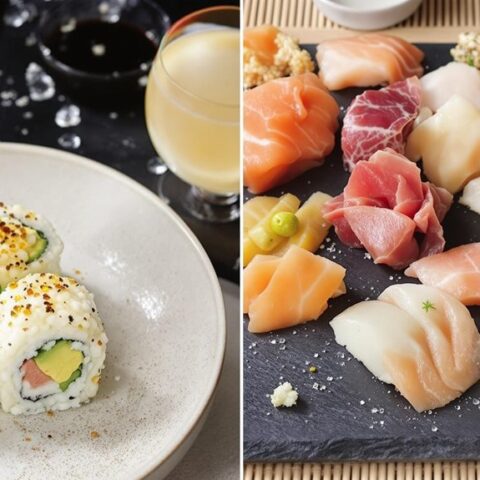
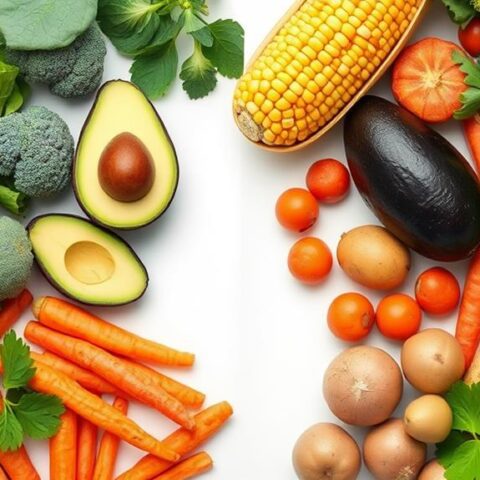
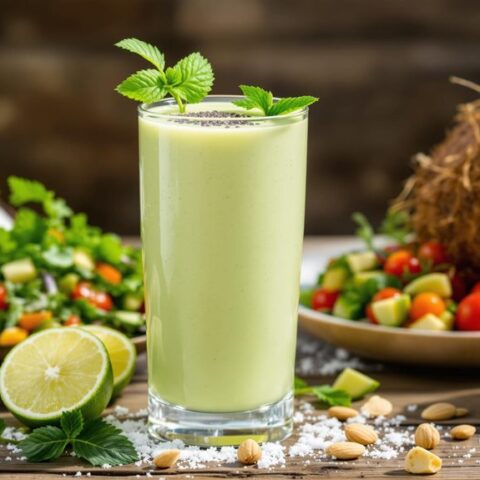
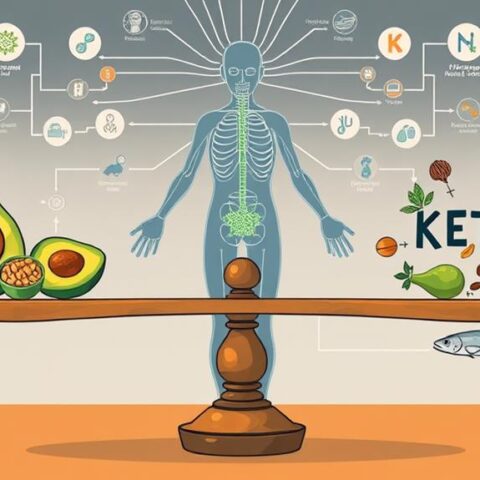




No Comments